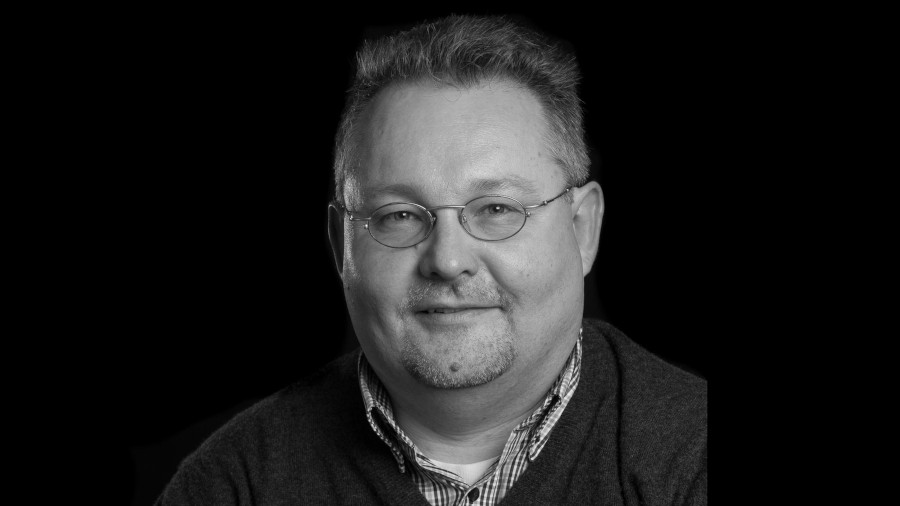Matthias M. Tischler, new guest professor for research at the Technische Universität Dresden
Professor Matthias M. Tischler, ICREA researcher at the Department of Antiquity and Middle Age Studies of the UAB, has received the honorable offer to work as a Guest Research Professor at the ‘Forschungsstelle für Vergleichende Ordensgeschichte’ (FOVOG) at the TU Dresden (Germany).

On 12 March 2024, Prof. Dr. Matthias M. Tischler, ICREA researcher at the Department of Antiquity and Middle Age Studies of the UAB, has received the honorable offer to work as a Guest Research Professor at the ‘Forschungsstelle für Vergleichende Ordensgeschichte’ (FOVOG) at the TU Dresden (Germany), a world-wide unique institution for comparative research on the history of religious orders. This offer strengthens the cooperation with the Institut d’Estudis Medievals of the UAB, which has existed since November 2019 in the form of an official book exchange and enables now Prof. Tischler to co-direct, develop, and lead research projects together with other national and international partners.
Tischler’s own new research programme builds on the results of several bi- and multilateral projects he has led in recent years on the transfer and transformation of the rich, but widely unknown Carolingian text and manuscript culture in Septimania and Catalonia. His new research projects will now increasingly focus on the transformative impact of the global cultural transfer of the monastic and religious networks formed in these regions on the collective memory of the post-Visigothic societies of the Iberian Peninsula between the ninth and thirteenth centuries. For the first time, the cultural transformation of south-western Europe will be examined through the texts and manuscripts of the religious communities, congregations, and orders involved in their introduction, production, and dissemination. For this end, a whole spectrum of novel tools from the Digital Humanities will be used, including a text and handwriting database that has been developed in the last four years and can now be flexibly expanded to the new research areas.